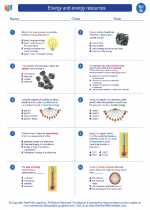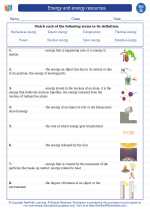Thyroid
The thyroid is a small, butterfly-shaped gland located in the lower part of the neck, just below the Adam's apple. It is an important part of the endocrine system, which produces and regulates hormones that play a key role in various bodily functions.
Anatomy of the Thyroid
The thyroid gland is made up of two lobes, connected by a thin strip of tissue called the isthmus. It is composed of specialized cells called follicular cells, which produce the thyroid hormones thyroxine (T4) and triiodothyronine (T3). These hormones are essential for regulating metabolism, growth, and development.
Function of the Thyroid
The primary function of the thyroid gland is to produce, store, and release thyroid hormones into the bloodstream. These hormones play a crucial role in controlling the body's metabolic rate, heart and digestive function, muscle control, brain development, and maintenance of bones.
Common Disorders of the Thyroid
- Hypothyroidism: This condition occurs when the thyroid gland does not produce enough thyroid hormones, leading to symptoms such as fatigue, weight gain, and sensitivity to cold.
- Hyperthyroidism: In contrast, hyperthyroidism is a condition in which the thyroid gland produces an excessive amount of thyroid hormones, resulting in symptoms like weight loss, rapid heart rate, and heat intolerance.
- Thyroid nodules: These are lumps that can develop within the thyroid gland, which may be benign or malignant and may require further evaluation and treatment.
- Thyroid cancer: Although relatively rare, thyroid cancer can develop within the cells of the thyroid gland and may require surgery, radiation, or other treatments.
Diagnostic Tests for Thyroid Disorders
Several tests can be used to evaluate the function of the thyroid gland and diagnose potential disorders:
- Thyroid function tests: These blood tests measure the levels of T3, T4, and thyroid-stimulating hormone (TSH) to assess the thyroid's activity and function.
- Thyroid ultrasound: This imaging test uses sound waves to create a picture of the thyroid gland and can help identify nodules or other abnormalities.
- Thyroid biopsy: If a nodule is found, a biopsy can be performed to determine if it is benign or malignant.
Healthy Practices for Thyroid Health
Maintaining a balanced and healthy lifestyle can contribute to overall thyroid health. This includes consuming a well-rounded diet rich in iodine, selenium, and other essential nutrients, managing stress levels, getting regular exercise, and avoiding tobacco and excessive alcohol consumption.
With an understanding of the anatomy, function, common disorders, diagnostic tests, and healthy practices associated with the thyroid gland, you can now confidently explore and delve into the fascinating world of endocrinology.






